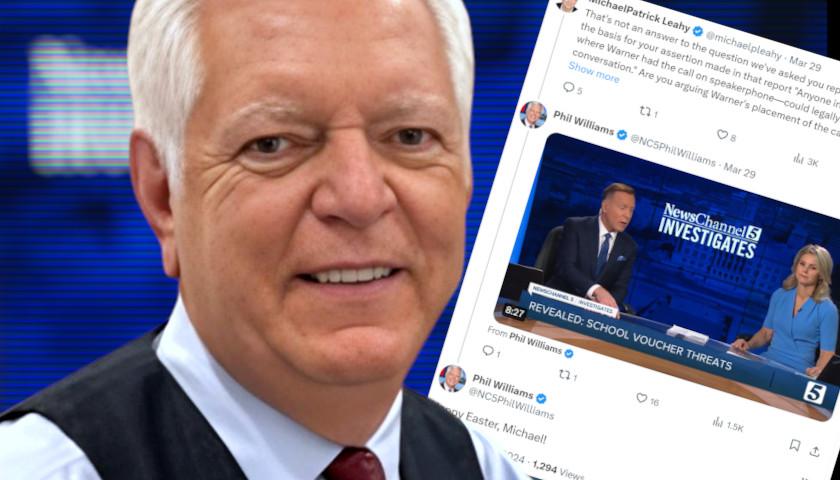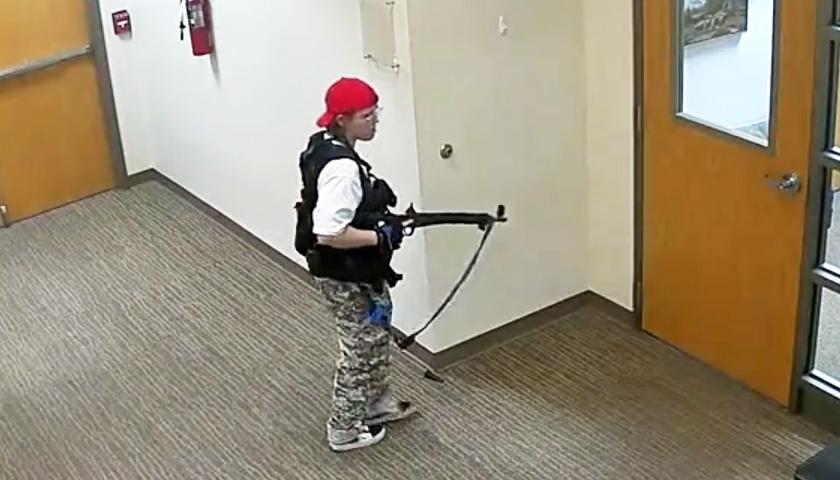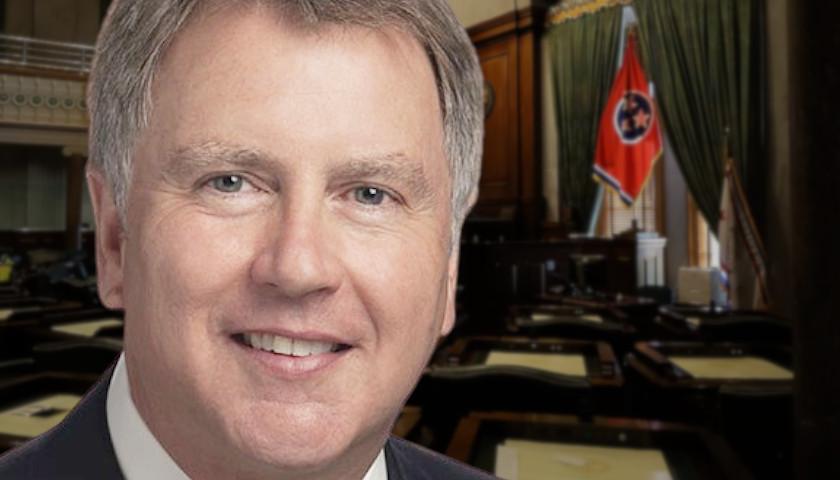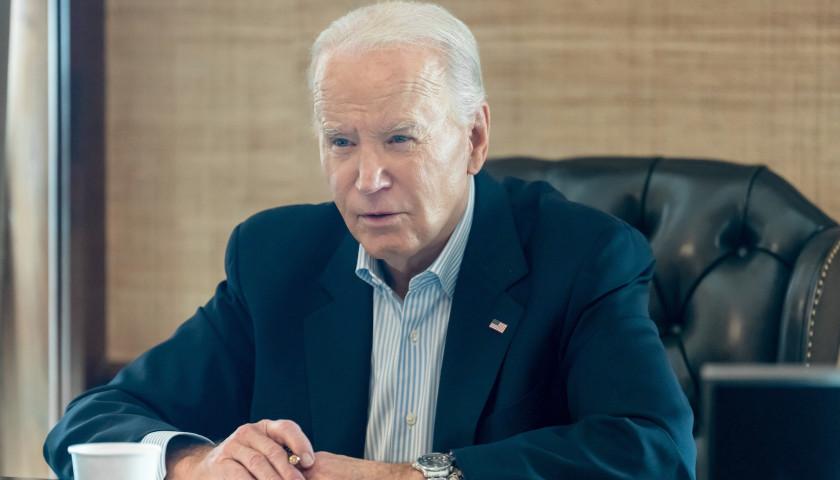Live from Music Row, Wednesday morning on The Tennessee Star Report with Michael Patrick Leahy – broadcast on Nashville’s Talk Radio 98.3 and 1510 WLAC weekdays from 5:00 a.m. to 8:00 a.m. – host Leahy welcomed the founder of CapWealth Management, Tim Pagliara in studio to explain how Silicon Valley Bank failed.
Leahy: Right now we are joined in studio by our very good friend, Tim Pagliara, the founder of CapWealth Management. I think Tim, you’re what the number one rated wealth management company in Tennessee for five years running. Is that right?
Pagliara: I’ve been there a few times.
Leahy: You’ve been there more than once! That’s true. Look, my eyes glaze over—a little bit when we look at all this financial stuff because I’m a media guy. I’m a political guy. I report on it and sometimes the financial stuff gets a little bit in the weeds. However, this thing I can’t avoid.
Silicon Valley Bank is the 16th largest bank by assets in the country and the second largest bank failure that happened on Friday, then Signature Bank, where our good friend Barney Frank’s on the board of directors, failed too! What’s going on and what happened? Why did Silicon Valley Bank fail?
Pagliara: It’s great to be with you, Michael.
Leahy: It’s great to have you here.
Pagliara: Let’s try and unpack this in a simple way. First, this was only the very first bank failure in the history of the country that had nothing to do with credit losses. This was about asset management. Banks make money off of interest float, they make money off of loans, and then they make money off of the treasury bills and the treasury that they can buy, and they have to keep those in two different counts.
One’s available for sale, and the other one’s held to maturity. And so they didn’t respond quickly enough to the problems associated with the rapid rise in interest rates with the Federal Reserve, and they didn’t pay their depositors enough.
And so when six-month treasury bills hit percent, they started to experience a tremendous outflow much faster than anything ever experienced. Deposits are usually very sticky. They lose no more than one percent at a time in a year. That’s called deposit beta. They went up to over 30 percent. Silicon Valley Bank lost $42 billion in deposits over a two-day period of the $160 million that they had.
Leahy: That’s what you call a bank run, right?
Pagliara: It was a run, and it was accelerated by fears associated with the run. So one of these things have an avalanche effect to them. I have this vision of Jimmy Stewart in A Wonderful Life.
Pagliara: Exactly.
Leahy: Accept Silicon Valley Bank guys, not exactly Jimmy Stewart, right?
Pagliara: No, they’re not. But they didn’t manage the bank. That’s what is common. Silicon Valley Bank and Signature Bank were poorly run. In fact, at Silicon Valley Bank, the position of risk officer had been vacant for over a year, which is gonna be a chief part of the investigation.
Leahy: Why was the chief risk officer position vacant for over a year?
Pagliara: It’s a great question, and that’s one of the things the regulators look at.
Leahy: That’s a little suspicious, isn’t it?
Pagliara: It is. Because a lot of times risk officers leave over controversy related to the performance of their duties. And so when they had to sell that available-for-sale account of $22 billion, they lost over 10 percent of it.
Leahy: A couple of billion bucks.
Pagliara: Those losses, then they were losing deposits and it just collapsed on top of it.
Leahy: So here’s how I look at this. Joe Biden gets elected president. At that time, what long-term interest rates on 10-year treasury bills were half a percent?
Pagliara: Three quarters.
Leahy: Okay, so Biden gets elected. It’s a Democrat Congress, and a fifth grader could figure this out. These guys are gonna spend a lot of money. Inflation’s gonna go up, and the fed’s gonna raise interest rates. Was that an obvious thing to think about as a bank risk officer at that time?
Pagliara: Absolutely. And so this term duration that you hear, they needed to shorten their maturities every time a rate increase occurred.
Leahy: They were stuck with these long-term bills and what you’re saying is they need to get out of those quicker than they did.
Pagliara: That’s right. And long terms is two years. This unprecedented increase in interest rates, the two year went from somewhere under half a percent to almost five percent.
Leahy: Very quickly.
Pagliara: Very quickly.
Leahy: Thank you, Joe Biden.
Pagliara: And so they ended up losing a lot of money.
Leahy: Boy, did they.
Listen to today’s show highlights, including this interview:
– – –
Tune in weekdays from 5:00 – 8:00 a.m. to The Tennessee Star Report with Michael Patrick Leahy on Talk Radio 98.3 FM WLAC 1510. Listen online at iHeart Radio.
Photo “Silicon Valley Bank” by Tony Webster. CC BY 2.0.



